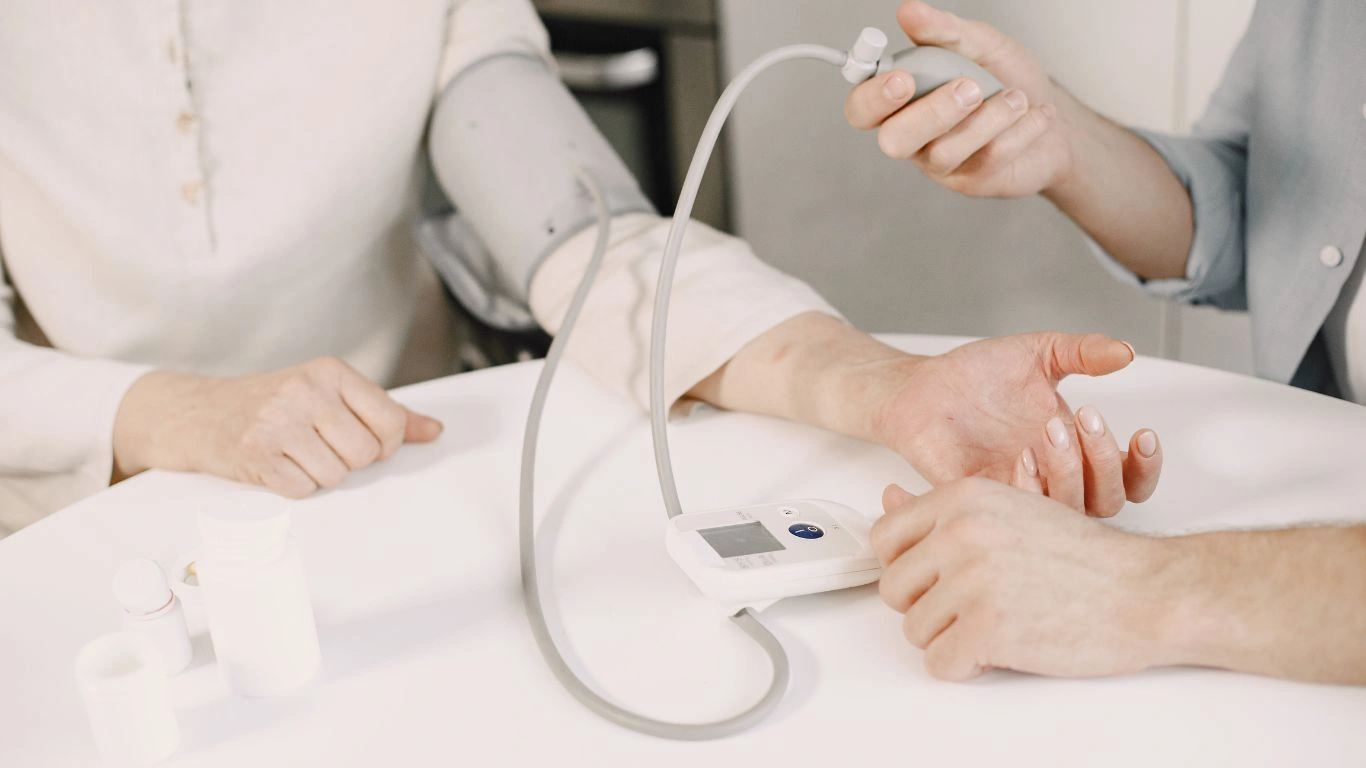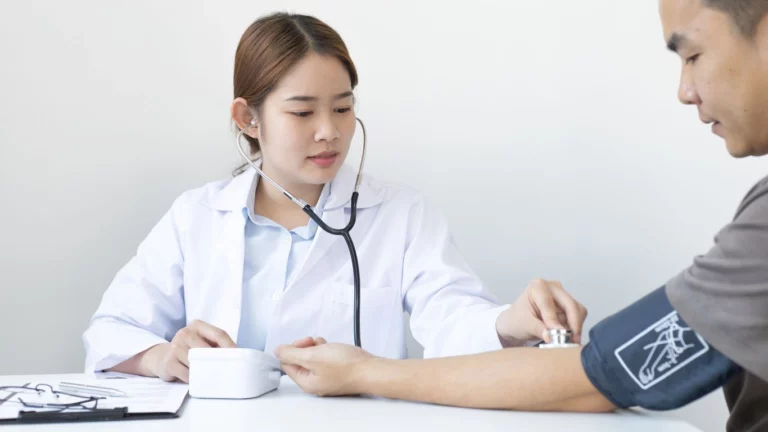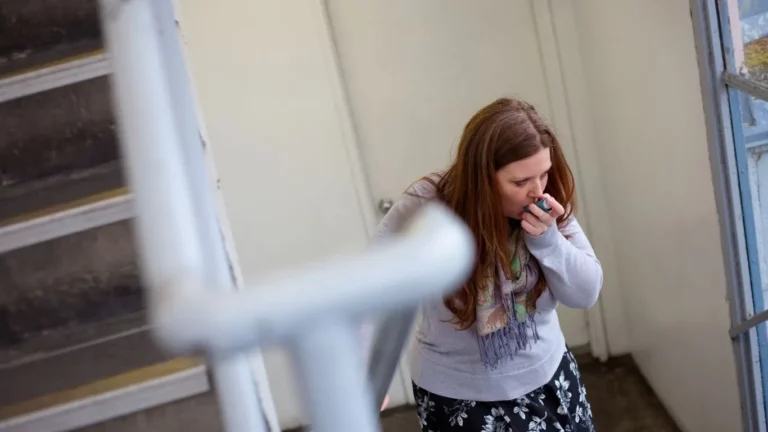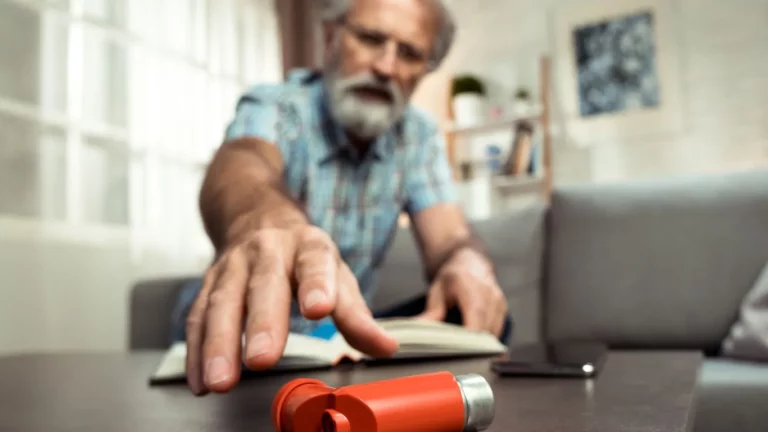Understanding Blood Pressure and Nighttime Urination Causes: Tips for Better Sleep
If you’ve ever found yourself making a late-night trip to the bathroom more often than you’d like, you might be wondering if something more is going on. Nighttime urination, or *nocturia*, is a surprisingly common issue that often has more to do with your blood pressure than you might think. As a hypertension expert, I’ve seen the connections between high blood pressure and nighttime bathroom runs more times than I can count.
This article will dive into the *blood pressure and nighttime urination causes*, unraveling what’s really going on with your body while you sleep and how to manage it. So, grab a cup of herbal tea (just not too much) and let’s talk about how your blood pressure could be affecting your sleep habits. I’m sure we’ve all been there—waking up in the middle of the night, squinting at the clock, wondering why you’re up again.
What Exactly Is Nocturia?
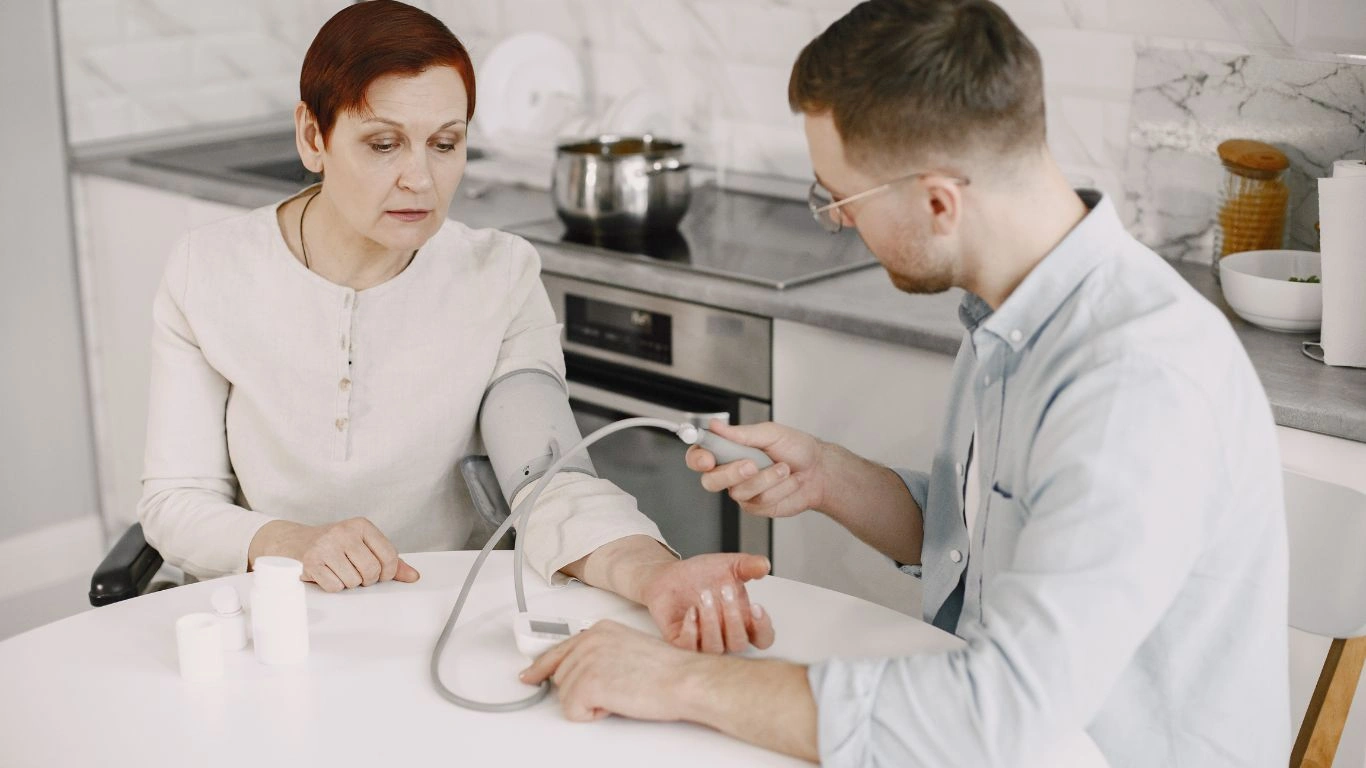
Nocturia is the medical term for waking up during the night to urinate. Now, it might sound like a minor inconvenience, but when it starts to happen multiple times a night, it can really interfere with your quality of sleep and, ultimately, your health. Your body’s natural circadian rhythm, or sleep-wake cycle, is supposed to help you stay asleep at night, and ideally, you shouldn’t have to get up and use the bathroom unless there’s a really good reason. But in many cases, especially when blood pressure is at play, this natural balance gets thrown off.
How Blood Pressure Plays a Role in Nocturia
Here’s the deal: if your blood pressure is higher than normal (also known as *hypertension*), it can cause changes in the way your kidneys function, leading to more frequent urination at night. Normally, your kidneys regulate fluid balance in your body, but high blood pressure can cause them to work harder and become less effective at properly filtering fluids. When they don’t filter fluid properly, your body tends to hold onto more water during the day, and as a result, your kidneys start “catching up” at night, leading to that midnight bathroom dash.
Why Does This Happen at Night?
It seems odd that our bodies would work this way, right? Well, your body’s natural rhythm is affected by your blood pressure in some pretty interesting ways. Throughout the day, your blood pressure fluctuates, naturally rising during physical activity and dropping when you sleep. But when your blood pressure is constantly high, like it is in hypertension, your body can’t fully relax at night. This means your kidneys are still working overtime to process all that fluid you’ve been holding onto during the day.
The Connection Between Medications and Nocturia
If you’re taking medication for high blood pressure, you might be experiencing increased nighttime urination because of it. Some blood pressure medications, especially diuretics (also known as *water pills*), are designed to help the body eliminate excess sodium and fluid. While they do a great job of controlling blood pressure, they can also cause you to urinate more frequently. It’s why your doctor might recommend taking these medications earlier in the day so that you don’t end up waking up in the middle of the night every night.
How Does Hypertension Affect Your Sleep?
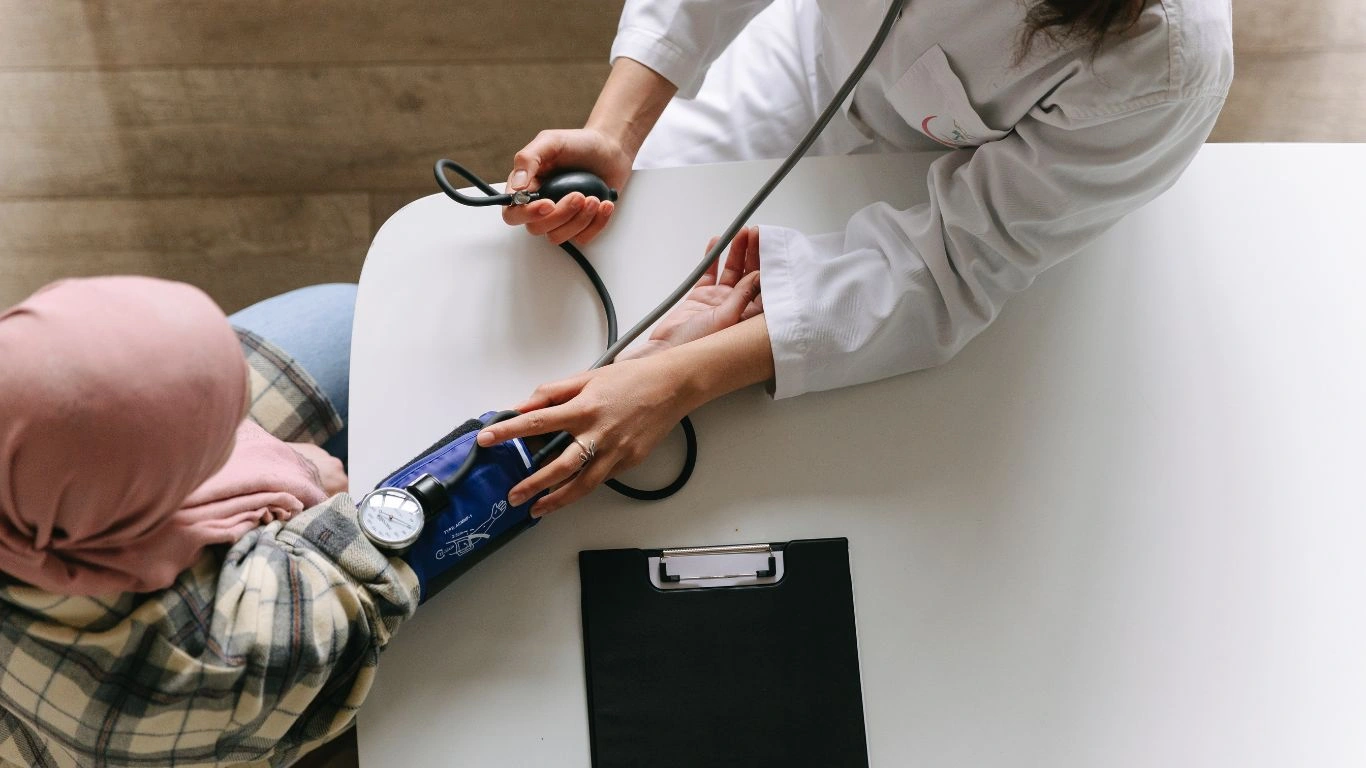
In addition to causing nocturia, high blood pressure can directly interfere with your sleep quality. If your blood pressure is running high, you may experience more difficulty falling asleep, or you might wake up frequently during the night. This can be tied to your body’s inability to fully relax due to the constant strain on your heart and kidneys. And let’s be real: being awake every few hours can lead to fatigue the next day. The vicious cycle continues—your blood pressure is high, you’re waking up all night, and you’re exhausted, which can cause stress, further elevating your blood pressure. It’s a tough spot to be in.
What Happens to Your Body During Sleep?
During sleep, your blood pressure naturally drops. This process is vital because it gives your heart and blood vessels a break. However, if you suffer from hypertension, this drop doesn’t happen as it should. Your heart and blood vessels remain under stress, which not only increases the likelihood of waking up at night but also affects how deeply you sleep. If you’re waking up feeling groggy or needing to take frequent trips to the bathroom, it’s worth considering how your blood pressure is impacting your sleep.
How High Blood Pressure Affects Your Circulatory System
When you have hypertension, the pressure inside your blood vessels is higher than normal. This can cause the vessels to become less flexible and even narrow over time. A narrowed circulatory system means your kidneys don’t receive the blood flow they need to filter properly, and this leads to fluid retention. Essentially, your kidneys hold onto more fluid during the day, which they try to flush out at night. All that extra fluid buildup is part of why you end up making those late-night bathroom trips.
Factors That Exacerbate Nighttime Urination
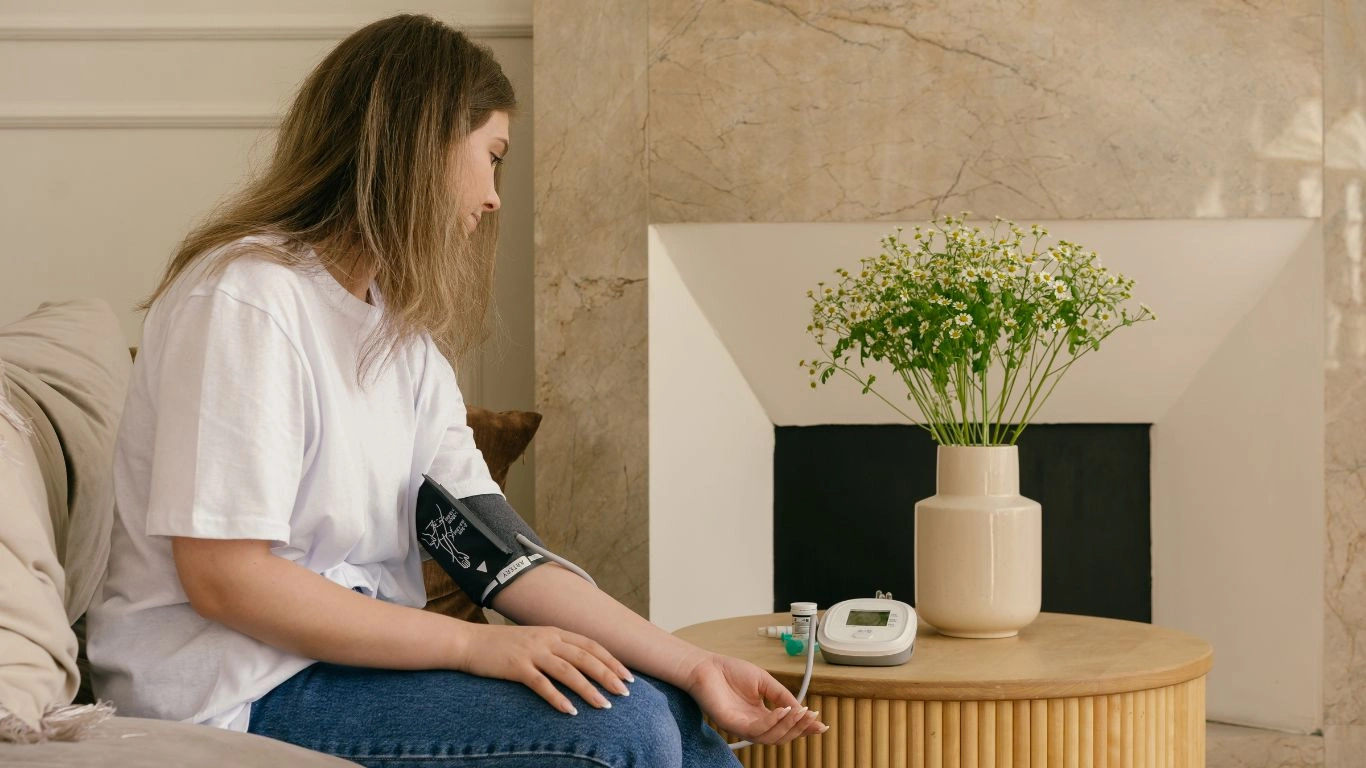
It’s not just high blood pressure that can make nocturia worse. There are other factors that can contribute to the frequency of nighttime urination, especially when combined with hypertension. Here are some common culprits:
- Age: As we get older, our bodies naturally produce less of the hormone that helps us retain fluid at night. This can lead to more frequent trips to the bathroom.
- Obesity: Extra weight puts additional strain on the heart and kidneys, further complicating high blood pressure management.
- Diabetes: High blood sugar levels can cause the kidneys to filter more fluid, which means more nighttime urination.
- Sleep Apnea: People with sleep apnea often wake up multiple times during the night, and the disruptions in breathing can indirectly affect blood pressure and urination patterns.
If you’re noticing more frequent trips to the bathroom at night, it’s crucial to discuss it with your healthcare provider, especially if you also have high blood pressure. Managing your blood pressure is one of the first steps to addressing nighttime urination issues and ensuring you get the rest you need.
Understanding the Impact of Blood Pressure on Your Kidney Function
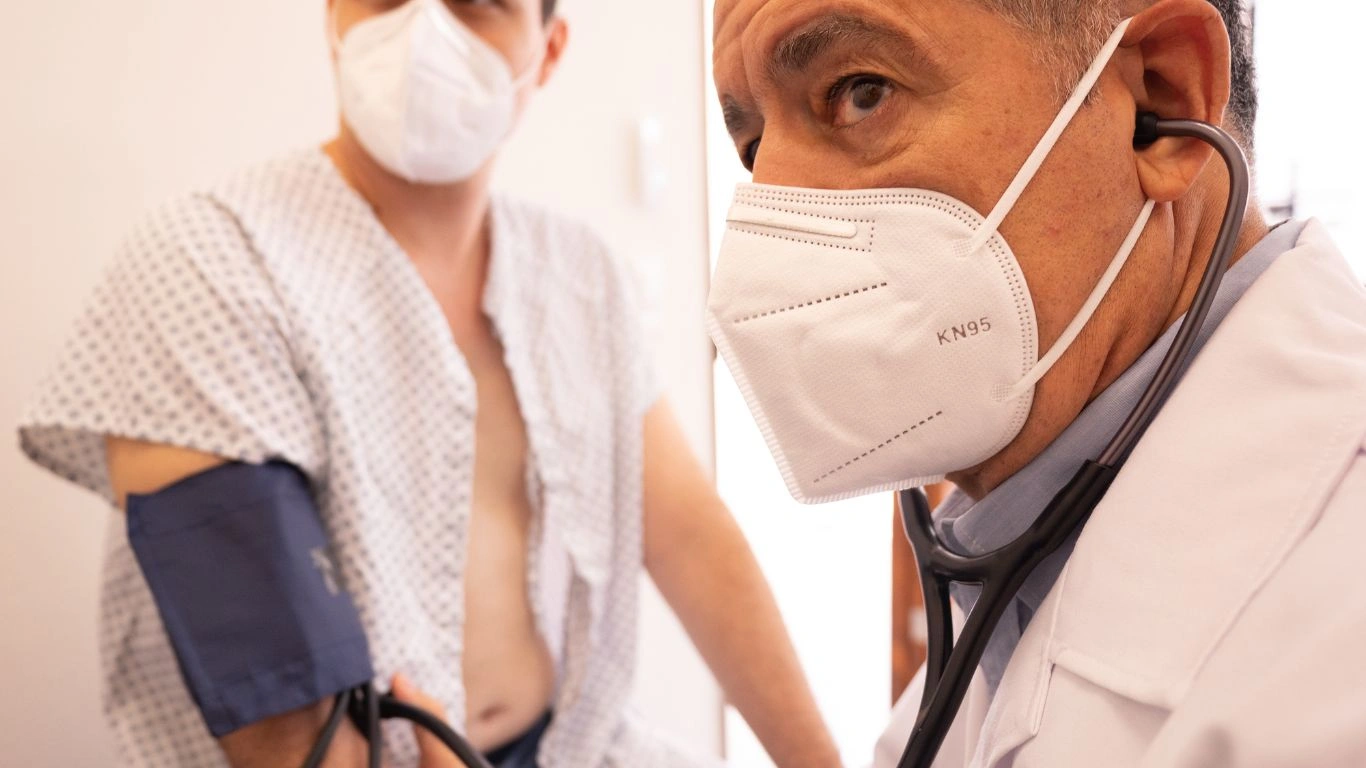
Let’s dive a little deeper into how high blood pressure messes with your kidneys. Our kidneys are like the body’s natural filtration system. They help remove waste and extra fluid from your body, and they regulate blood pressure too. But when you have hypertension, this whole process gets thrown off balance. Over time, the constant strain from elevated blood pressure can damage the blood vessels in your kidneys, making them less effective at removing excess fluids.
In the case of nocturia, this means that your kidneys are struggling to maintain the right balance of fluid. During the day, they might be holding onto fluid because they can’t filter it properly. Then, when you’re lying down at night and gravity is working its magic, the fluid shifts, and your kidneys try to catch up. This is why you may wake up multiple times in the night to go to the bathroom. In other words, your kidneys are working overtime to try and catch up with the fluid retention from the day.
Why You Should Monitor Your Kidney Health
If you’re dealing with high blood pressure, it’s important to keep an eye on your kidney health too. When blood pressure is consistently high, it increases the risk of kidney damage. This doesn’t happen overnight, but the long-term effects can be serious. It’s one of those things that might seem subtle at first, but over time it can lead to chronic kidney disease (CKD). CKD can make nocturia even worse, and it can also contribute to a host of other health issues.
I know this can sound a bit intimidating, but don’t panic just yet! The good news is that managing your blood pressure can greatly reduce your risk of kidney damage and help you sleep better at night. In fact, some of the lifestyle changes that improve blood pressure, like eating a heart-healthy diet or getting regular exercise, can also support kidney health and reduce the frequency of nighttime urination.
The Role of Lifestyle Changes in Managing Nighttime Urination

Okay, so now that we understand the connection between blood pressure, kidney health, and nocturia, let’s talk about how to manage it. When it comes to hypertension and nighttime urination, your lifestyle choices can play a huge role in improving both. I’m not saying you have to completely overhaul your life, but making a few small adjustments can make a world of difference.
1. Maintaining a Healthy Diet
One of the best things you can do for your blood pressure (and your kidneys) is to adopt a healthy, balanced diet. It’s not just about cutting back on sodium (although that’s a big one!). It’s also about eating nutrient-rich foods that support heart and kidney health.
- Focus on potassium-rich foods: Potassium helps balance out the negative effects of sodium. Foods like bananas, spinach, and sweet potatoes are excellent sources of potassium and can help regulate your blood pressure.
- Limit processed foods: Processed foods are usually packed with sodium, which can raise your blood pressure and cause fluid retention. If you can, try to cook more at home using fresh ingredients.
- Stay hydrated: It might sound counterintuitive, but drinking enough water can actually help reduce fluid retention. Dehydration can worsen kidney function, and that’s the last thing you want.
2. Getting Regular Exercise
Exercise is another key factor in managing hypertension and improving your overall health. Regular physical activity can help lower blood pressure by strengthening your heart and improving circulation. Plus, exercise helps regulate your weight, which is an important factor in managing hypertension.
If you’re not already active, don’t feel like you need to start running marathons tomorrow. Even a brisk walk for 30 minutes a day can have a significant impact on your health. Over time, these small changes can lead to better sleep quality and less frequent trips to the bathroom at night.
3. Managing Stress
Stress is another big player in both high blood pressure and nighttime urination. When you’re stressed, your body releases hormones that can cause your blood pressure to rise. Long-term stress can even lead to chronic hypertension, which makes everything else worse, including your sleep. Finding ways to manage stress is key to improving both your blood pressure and your sleep quality.
Consider incorporating relaxation techniques like deep breathing exercises, meditation, or yoga into your daily routine. These methods can help lower stress levels and, in turn, help bring your blood pressure down to a healthier range. I’ve found that even just taking a few minutes each day to focus on my breath can make a world of difference.
What Role Do Medications Play in Nighttime Urination?
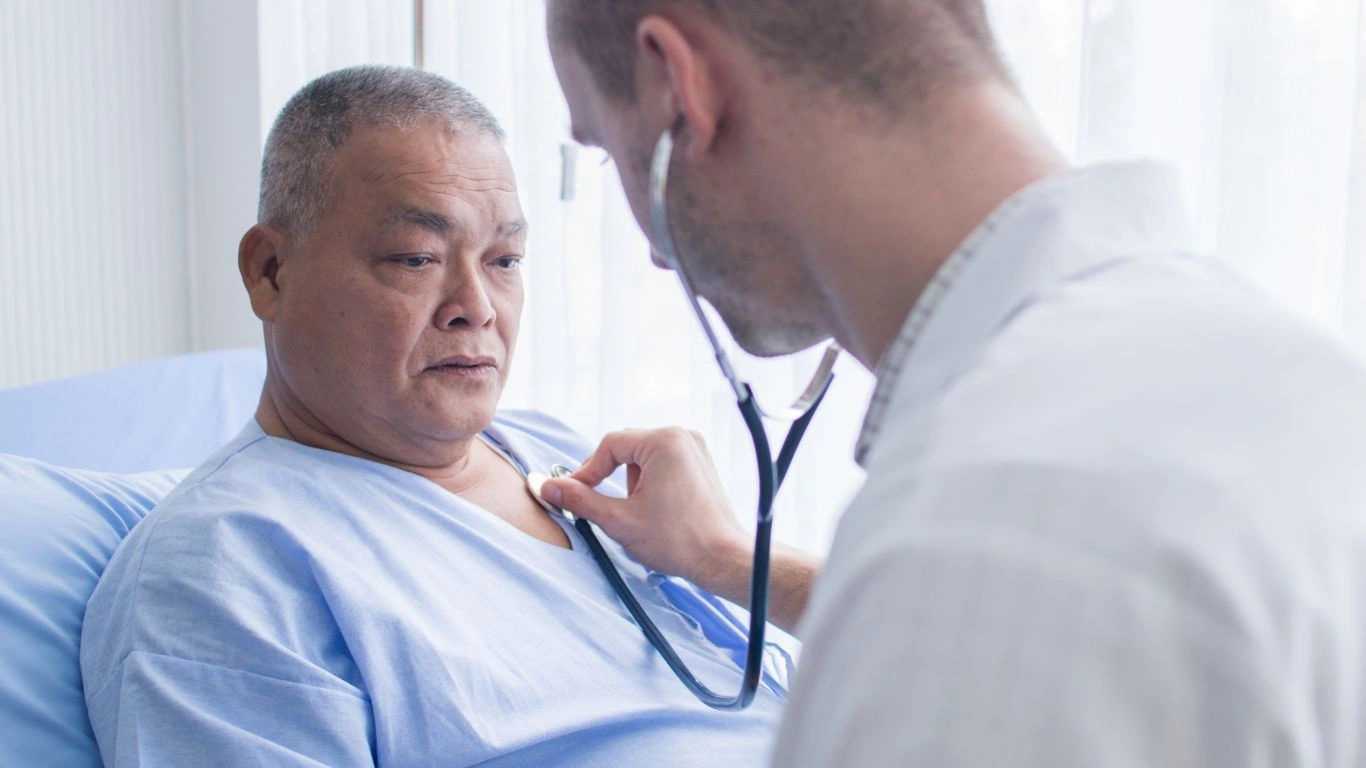
If lifestyle changes alone aren’t enough to control your blood pressure, your doctor may prescribe medication. Some blood pressure medications can contribute to nocturia, but don’t be discouraged—there are ways to manage this side effect.
Common Blood Pressure Medications and Their Side Effects
There are several types of medications used to treat hypertension, and some of them can increase the need to urinate at night. The most common culprits are diuretics, also known as *water pills*. These medications help your body get rid of excess sodium and water, but they can also cause more frequent urination. If this is an issue for you, your doctor may suggest taking the medication earlier in the day to reduce the chances of nighttime trips to the bathroom.
Other medications, like ACE inhibitors, beta-blockers, and calcium channel blockers, may have different side effects, but they generally don’t cause as much nocturia. It’s important to work closely with your healthcare provider to find the best medication for you, and if you’re experiencing side effects like nocturia, don’t hesitate to bring it up with them. There are always options for adjusting your treatment plan to minimize these disruptions.
Ultimately, finding the right combination of lifestyle changes and medication can make all the difference in managing both your blood pressure and nighttime urination. If you’re dealing with both, you’re not alone—many people experience this, and with the right approach, it’s entirely manageable.
When to See a Doctor About Blood Pressure and Nocturia
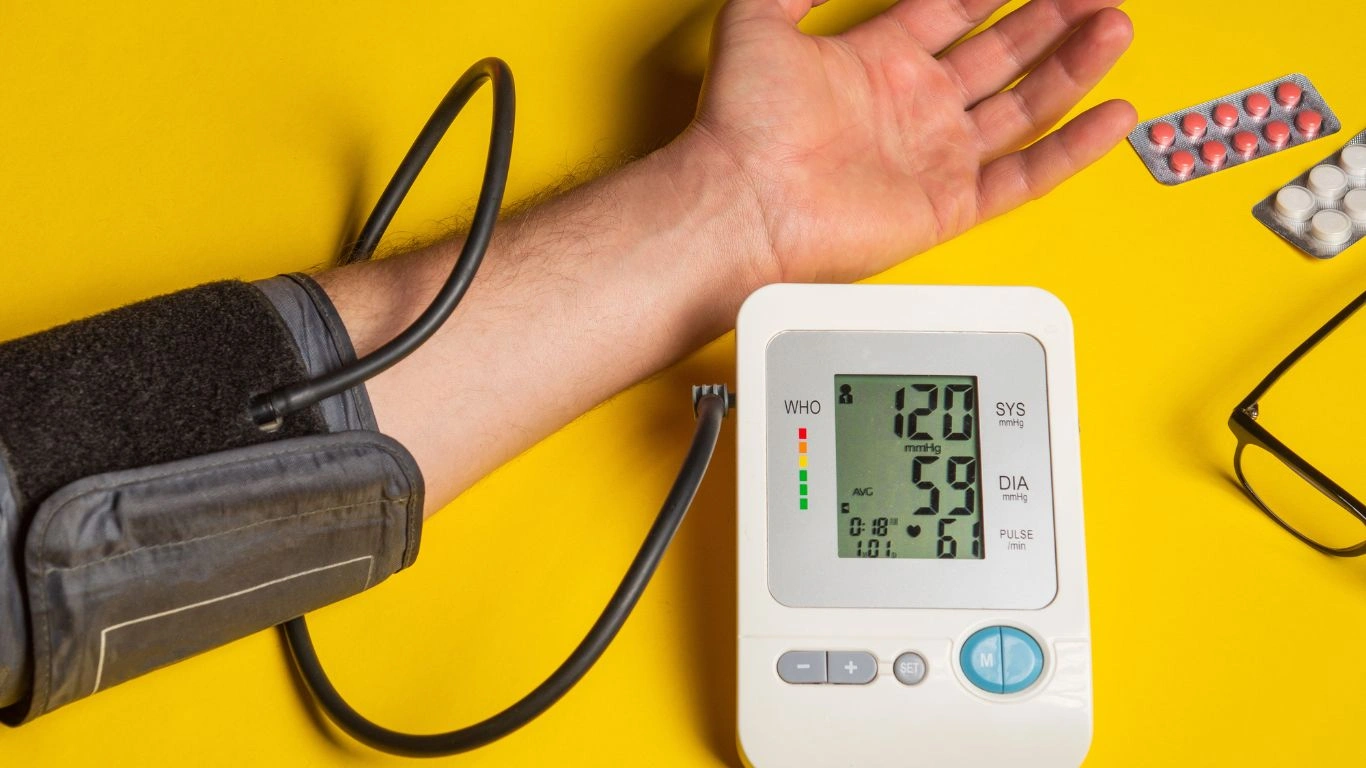
If you’ve been struggling with frequent nighttime urination and have high blood pressure, it’s time to have a conversation with your doctor. I can’t stress this enough: don’t just ignore these signs. While it may seem like a minor inconvenience at first, the longer you let things go unchecked, the more likely it is that your blood pressure, kidney health, and overall wellbeing could be at risk. Nocturia might seem like something that’s just part of getting older or dealing with stress, but if it’s tied to hypertension, it’s crucial to address it as soon as possible.
Sometimes, it’s easy to brush off the issue—many people think it’s just something you have to live with, especially when you’re used to waking up a couple of times a night. But nocturia that’s associated with high blood pressure can sometimes signal an underlying issue with kidney function, fluid retention, or an imbalance in your body’s natural rhythms. Your doctor can run a few tests to determine if there’s more going on, and if so, they’ll be able to suggest the most effective course of action.
What Tests Might Your Doctor Recommend?
Your healthcare provider will likely start by checking your blood pressure to see if it’s well-managed. If it’s high, they might adjust your treatment plan or recommend additional medications to help control your blood pressure. They may also suggest a urinalysis to check for signs of kidney dysfunction or other issues affecting urination. If your doctor suspects kidney damage, they might recommend a more thorough examination, including blood tests and imaging, to assess kidney function.
It’s also worth noting that nocturia could be related to other medical conditions, such as diabetes or prostate problems (for men). In those cases, treating the underlying condition could help reduce the frequency of nighttime urination. That’s why it’s important to work with your healthcare team to rule out any other potential causes and ensure you’re managing your blood pressure and overall health effectively.
Managing Hypertension to Improve Your Sleep
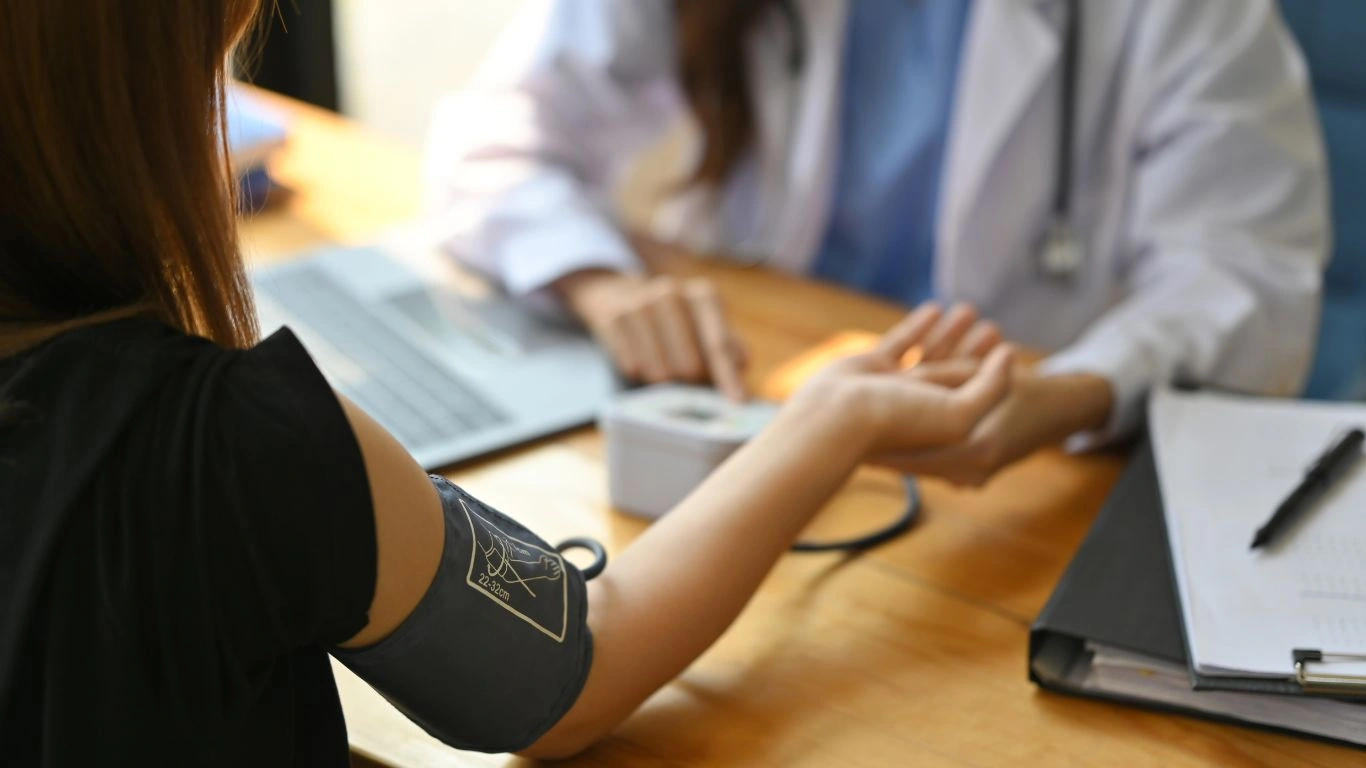
At this point, you might be asking yourself: “How can I improve my blood pressure and get a better night’s sleep?” The great thing is that making changes to your lifestyle can often significantly reduce both your blood pressure and your need to wake up in the middle of the night to go to the bathroom. But it’s also about being consistent with your habits and working with your healthcare provider to find the best approach for your individual needs.
1. Regular Monitoring of Your Blood Pressure
One of the most important things you can do to manage both hypertension and nocturia is to monitor your blood pressure regularly. At home blood pressure monitors are now more affordable and accurate than ever, so you can keep tabs on your numbers without always needing to visit the doctor. Monitoring helps you understand what’s working and what’s not—whether it’s diet, exercise, or medication—and gives you a chance to make adjustments along the way. Tracking your progress helps you stay on top of things and gives your doctor a clearer picture of how well your treatment plan is working.
2. Medication Adjustments
For some people, even with lifestyle changes, blood pressure medications are necessary to keep things in check. If you’re on medication and still struggling with nocturia, make sure to discuss it with your healthcare provider. There are several medications that might be causing your nighttime bathroom trips, so adjusting the timing of your doses or switching to a different type of medication might help alleviate the problem. For example, as mentioned earlier, diuretics can contribute to more frequent urination, so switching to a non-diuretic blood pressure medication could be an option.
Your doctor can work with you to figure out the most effective treatment that doesn’t interfere with your quality of life, and that includes managing nocturia. Always communicate openly about what’s working for you and what’s not, as these adjustments can make a big difference in your day-to-day comfort.
3. Consider Sleep Hygiene Practices
In addition to managing your blood pressure, you’ll want to focus on improving your overall sleep quality. Good sleep hygiene is essential for anyone with hypertension, as a restful night’s sleep can help lower blood pressure and improve kidney function. A few simple habits can help set the stage for a better night of rest:
- Establish a regular sleep schedule: Go to bed and wake up at the same time every day to help regulate your body’s natural sleep-wake cycle.
- Create a calming bedtime routine: Engage in relaxing activities before bed, such as reading, stretching, or meditating, to help signal your body that it’s time to wind down.
- Limit screen time: The blue light from phones, tablets, and computers can interfere with your ability to fall asleep, so try to avoid these devices an hour before bed.
- Optimize your sleep environment: Make sure your bedroom is cool, dark, and quiet, as this can help you stay asleep longer and improve the quality of your rest.
Taking Control: Lifestyle, Diet, and Self-Care
Managing hypertension and its effects on your nighttime urination is not about instant fixes—it’s about consistency and a holistic approach to your health. Between monitoring your blood pressure, eating a healthier diet, getting regular exercise, and finding ways to reduce stress, you’re on the right path to improving your overall well-being. Combine these habits with the right medications (if needed), and you’ll be well on your way to reducing those nightly bathroom trips while also managing your blood pressure.
Remember, everyone’s situation is different, so it’s important to work closely with your doctor to find the right approach that works for you. Whether you’re dealing with high blood pressure, nocturia, or both, there are plenty of ways to improve your health and quality of life. The key is to stay proactive, make the necessary adjustments, and always advocate for your own health. If I’ve learned anything over the years, it’s that you’ve got to be your own best health advocate. So, take charge and get the rest you deserve!
References
Disclaimer
The information provided in this article is for general informational purposes only and is not intended as medical advice. Always consult with your healthcare provider for advice regarding your specific medical condition and treatment options.

Dr. Gwenna Aazee is a board-certified Internal Medicine Physician with a special focus on hypertension management, chronic disease prevention, and patient education. With years of experience in both clinical practice and medical writing, she’s passionate about turning evidence-based medicine into accessible, actionable advice. Through her work at Healthusias.com, Dr. Aazee empowers readers to take charge of their health with confidence and clarity. Off the clock, she enjoys deep dives into nutrition research, long walks with her rescue pup, and simplifying medical jargon one article at a time.

